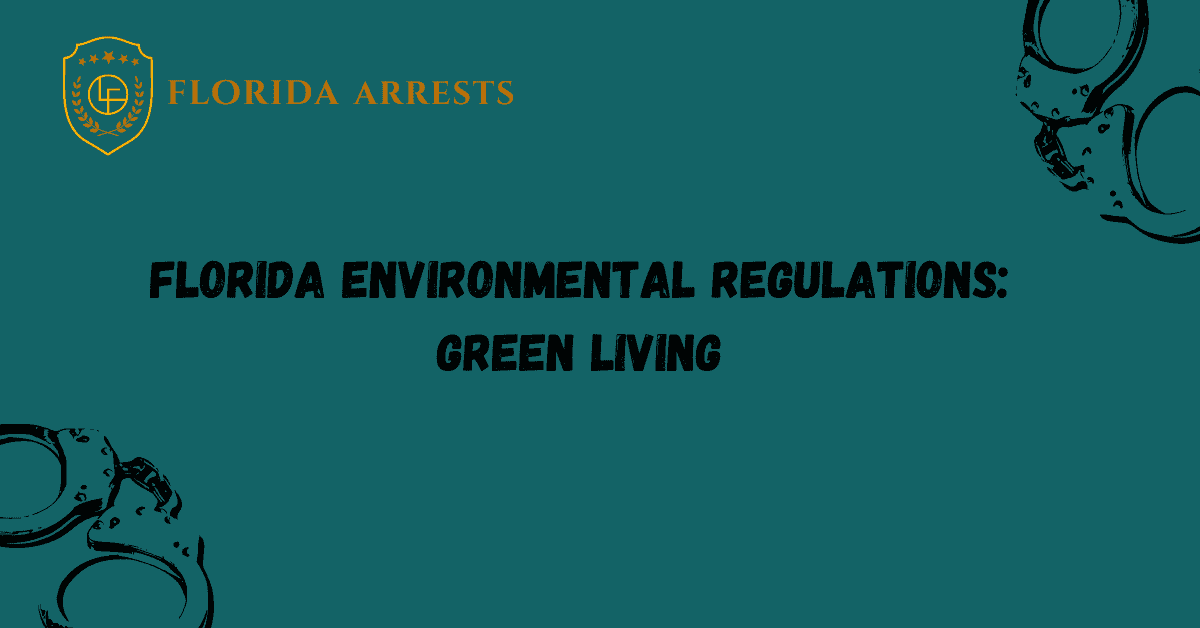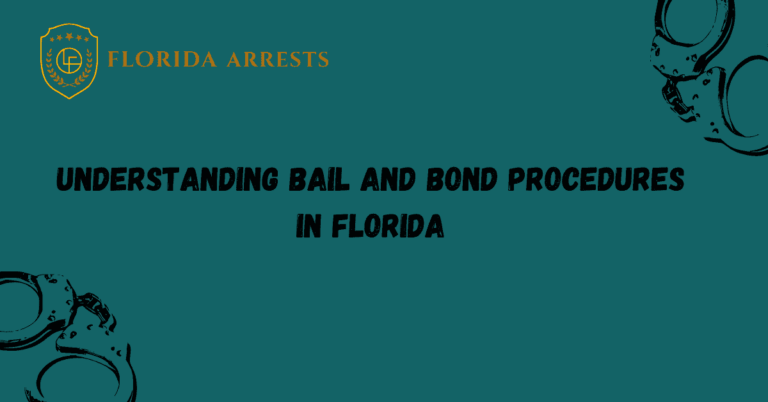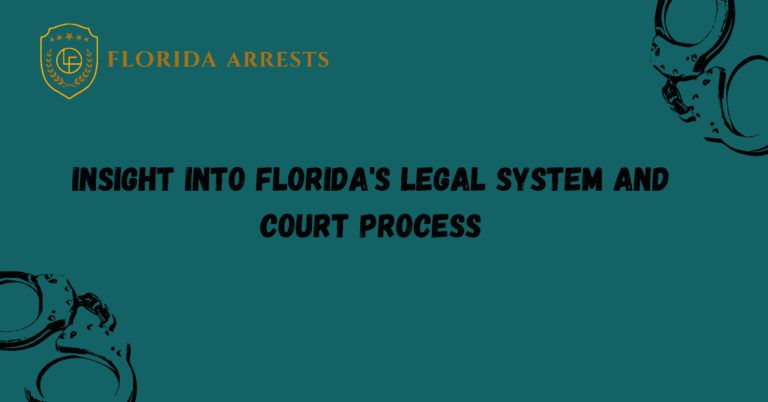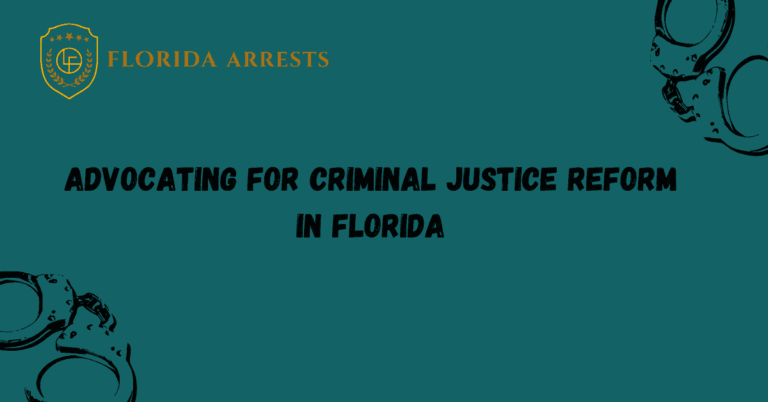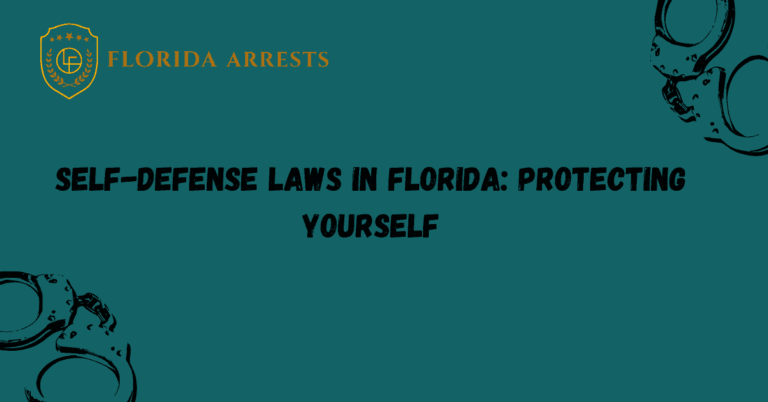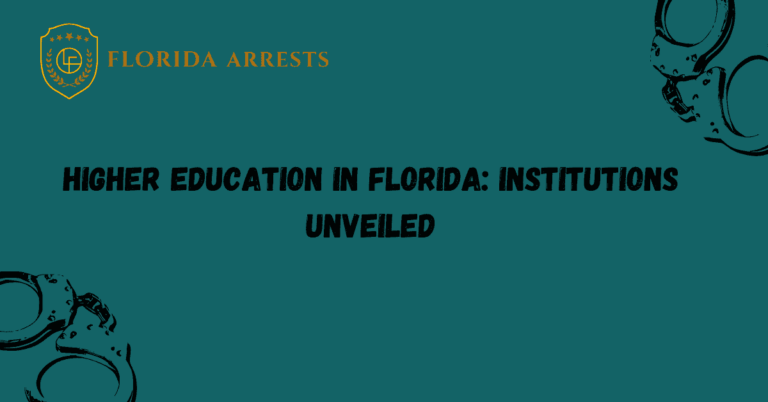Florida Environmental Regulations: Green Living
Florida is known for its beautiful beaches, sunny weather, and diverse ecosystems. As a state that values its natural resources, Florida has implemented strict environmental regulations to ensure the preservation and sustainability of its environment. These regulations promote green living and encourage individuals and businesses to adopt eco-friendly practices that benefit both the environment and the community.
From protecting endangered species to reducing pollution, Florida’s environmental regulations cover a wide range of areas. The state has implemented laws and policies to conserve water, improve air quality, and manage waste disposal. By adhering to these regulations, residents and businesses can contribute to the overall well-being of Florida’s natural habitats and create a greener future for generations to come.
Conserving Water Resources
Florida recognizes the importance of conserving its water resources and has implemented strict regulations to ensure their preservation. These regulations aim to reduce water consumption, promote water efficiency, and protect the quality of water bodies such as rivers, lakes, and wetlands. By implementing measures such as water restrictions, efficient irrigation practices, and water recycling programs, Florida aims to ensure a sustainable water supply for both present and future generations.
Improving Air Quality
Florida acknowledges the significance of clean and healthy air for its residents and the environment. To achieve this, the state has established regulations and policies to reduce air pollution and improve air quality. These measures include emissions standards for vehicles and industrial facilities, promoting the use of clean energy sources, and implementing programs to monitor and control air pollutants. By adhering to these regulations, Florida aims to create a healthier and more sustainable living environment.
Managing Waste Disposal
Florida recognizes the importance of proper waste management to protect its natural ecosystems and prevent environmental degradation. The state has implemented regulations and initiatives to encourage waste reduction, recycling, and safe disposal practices. These include promoting recycling programs, implementing landfill regulations, and encouraging the use of sustainable materials. By managing waste effectively, Florida aims to minimize pollution, conserve resources, and create a cleaner and healthier environment.
Protecting Endangered Species
Florida is home to a diverse range of plant and animal species, some of which are endangered or threatened. In order to protect these species and their habitats, the state has established regulations and conservation programs. These measures aim to preserve critical habitats, regulate activities that may harm endangered species, and promote the recovery and reintroduction of species at risk. By protecting endangered species, Florida aims to maintain its biodiversity and ensure the long-term sustainability of its ecosystems.
Promoting Green Living
Florida encourages individuals and businesses to adopt eco-friendly practices that contribute to a sustainable future. The state provides incentives and resources to promote energy efficiency, renewable energy adoption, and sustainable transportation. Through initiatives such as energy-saving programs, green building certifications, and electric vehicle incentives, Florida aims to create a culture of green living that benefits both the environment and the community. By embracing sustainable practices, residents and businesses can play a vital role in preserving Florida’s natural resources for future generations.
FAQs
What are the Florida environmental regulations?
Florida environmental regulations refer to the laws and policies put in place by the state government to protect and preserve the environment. These regulations aim to ensure sustainable practices and mitigate the negative impact of human activities on the environment.
What is green living?
Green living refers to a lifestyle that prioritizes sustainable and eco-friendly practices. It involves making choices that minimize harm to the environment, such as reducing waste, conserving energy, using renewable resources, and adopting environmentally friendly habits.
How do Florida environmental regulations promote green living?
Florida environmental regulations promote green living by setting standards and guidelines for various industries and individuals. These regulations encourage the use of renewable energy, waste reduction and recycling, water conservation, and the protection of natural habitats and wildlife.
Are there any incentives for green living in Florida?
Yes, Florida offers various incentives to encourage green living. These incentives include tax credits, rebates, grants, and other financial benefits for individuals and businesses that adopt sustainable practices, such as installing solar panels, purchasing energy-efficient appliances, or implementing green building techniques.
What are the penalties for violating Florida environmental regulations?
Violating Florida environmental regulations can result in significant penalties. These penalties may include fines, legal action, and even imprisonment, depending on the severity of the violation. It is important to comply with the regulations to avoid these consequences and contribute to a healthier environment.
How can individuals contribute to green living in Florida?
Individuals can contribute to green living in Florida by practicing energy and water conservation, recycling, reducing waste, using public transportation or carpooling, supporting local and sustainable businesses, and participating in community initiatives and programs focused on environmental sustainability.

